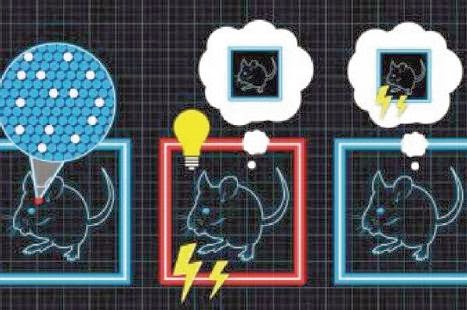Bias in the Academy: From Neural Networks to Social Networks Symposium Video Archive

Did you miss our annual neuroethics symposium? Now you can watch the video archive of the event! Just click below on the link of the title of the session and then click play. Neuroethics Symposium December 10, 2013 Bias in the Academy: From Neural Networks to Social Networks. This neuroethics symposia is designed to discuss the complex influence of stereotype/bias on academia and apply advances in the science of stereotype bias to university policies and practices. Through a pre-symposia seminar series and symposia, a white paper will be produced to highlight challenges and to put forth practical solutions to move toward mitigating the detrimental influence of bias and stereotyping in academia. Part I: 9:15-10:15 am - Elizabeth Phelps The Neuroscience of Race Bias Part II: 10:30-11:30 am - Chad Forbes Gaining Insight from a Biased Brain: Implications for the Stigmatized Part III: 11:30 am-12:30 pm - Greg Walton Wise Interventions: Engineering Psychology to

